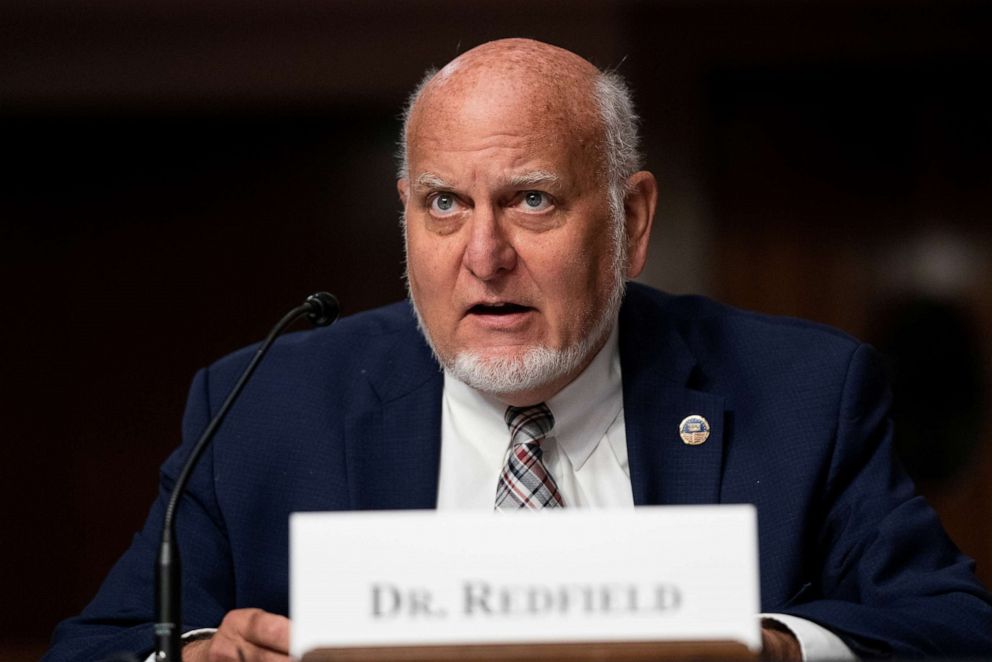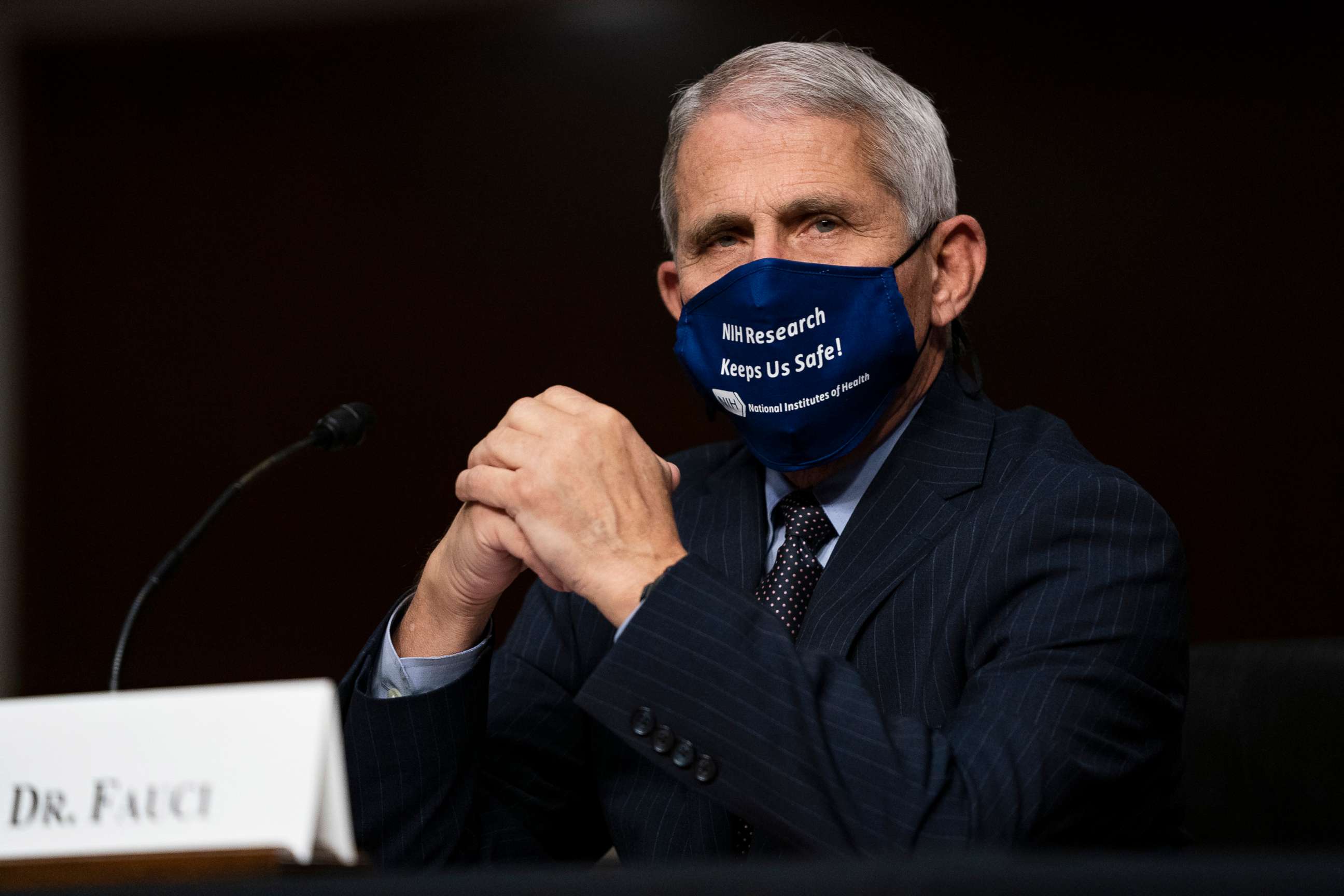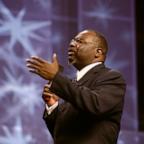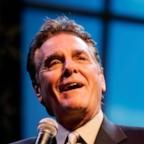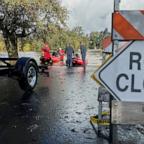20 times more likely to catch COVID-19 indoors than outdoors: Study
Dr. Blythe Adamson, a former member of the White House coronavirus task force, told "GMA3" on Wednesday, "One of things that we just learned recently -- and published in a new study today in Clinical and Infectious Diseases -- is that being indoors, you're 20 times more likely to catch COVID from an infectious person than if you were around them outdoors."
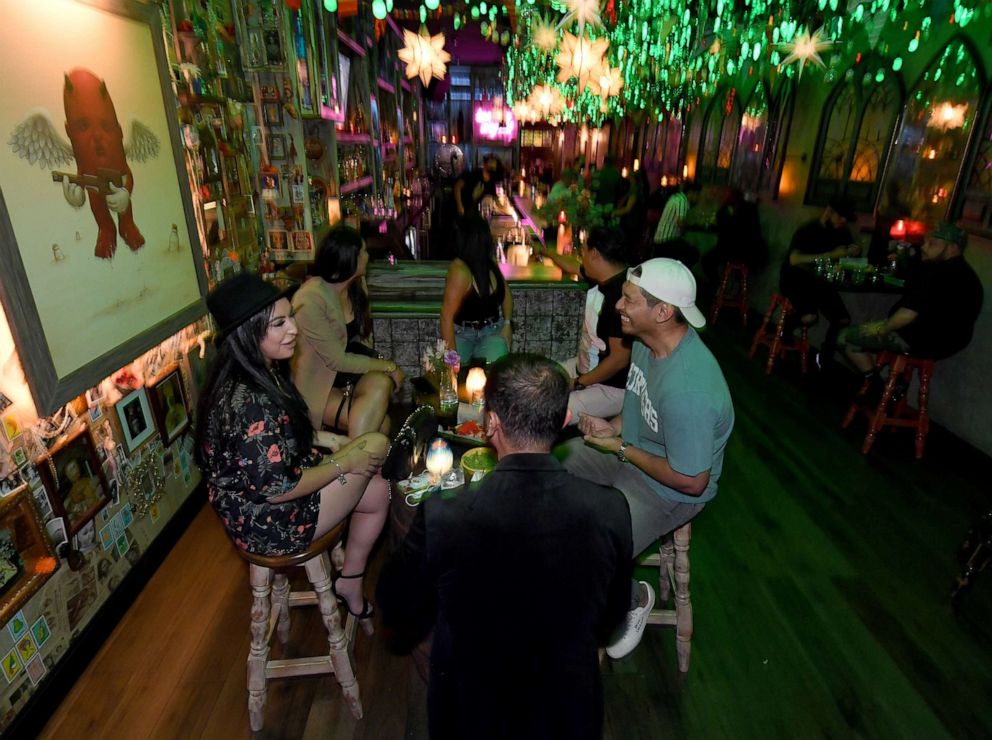
Adamson is now adviser to Testing for America, a nonprofit established to help solve the testing crisis.
Adamson stressed that the U.S. must "be flexible and adapt, so as we learn more about the science, we're willing to change our public policies so that they match the best science."
"There's a lot of work for us to continue to do over the next couple of months. As we move forward into flu season, it's even more important that we're able to distinguish between a viral infection that's from influenza or coronavirus," she said.
